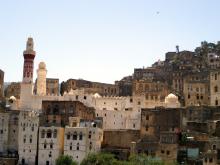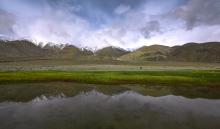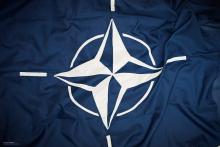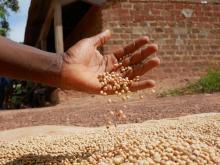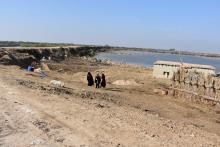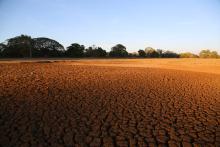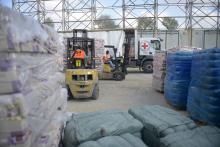Climate and security risks are compounding in Yemen, impacting its population clearly and directly, but also through less visible, indirect effects. While violent conflict, at both the national and local levels, is likely to continue in the near future, the effects of climate change are projected to grow more pronounced over time. Problems including rising temperatures, rainfall variability, desertification, and vanishing water reserves are all set to intensify, exacerbating both the drivers and the effects of the conflict on the population.



